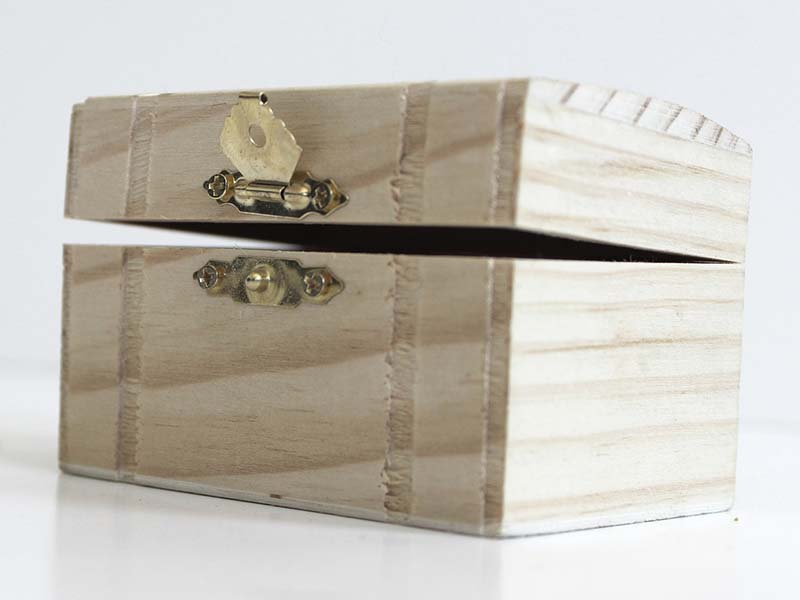“Bad news travels fast. Good news takes the scenic route.”
Doug Larson (Columnist and Editor)
“If it bleeds, it leads” is an old adage in newsrooms. How much of our mental bandwidth do we give up to stories that relentlessly batter us with misery and despair? If these stories truly inform and sometimes inspire a call to action they can serve a purpose beyond unhealthy voyeurism. However, if they simply occupy brain space and overwhelm our capacity for creative problem solving, it is time to reset our priorities and find different fodder.
Imagine detaching for a day from reading relentlessly negative updates and instead going on a voyage of discovery for positive news. This is not simply an exercise to change mood, but instead provides a genuine look on what is going right in the world and the forces behind those positive events. These forces may not only inspire, but be opportunities to explore.
For example:
Children in Brazil’s favelas are helping combat the scourge of dengue fever by breeding Aedes aegypti mosquitoes that are infected with Wolbachia bacteria. This bacterium sabotages the insects’ ability to transmit such blood-borne diseases as dengue, chikungunya Zika and yellow fever. Dengue affects almost 400 million people worldwide, with tens of thousands dying. Brazil is most impacted, with the favelas providing prime breeding ground for the disease. Actively engaging the communities creates a self-sustaining and cost-effective way towards controlling these diseases.

Medical Drones
Drones can deliver medications, vaccines and even defibrillators in effective fashion to hard-to-reach areas. The National Health Service (NHS) has piloted such projects as delivering perishable cancer medications to hospitals on the Isle of Wight, and Covid samples, medication and PPE between hospitals in Argyll and Bute (Scotland)through the use of drones. NHS Scotland, airports and the University of Strathclyde have been awarded 10 million in pounds Sterling to establish a drone network throughout the country. In Malawi, drone networks have been established to deliver vaccines against such childhood illnesses as malaria, polio, tuberculosis and rotavirus and return with related blood samples for processing at a central hospital
Exploring positive news does not need to be confined to one’s field of expertise or even everyday interests. We never know where we might find inspiration:
Sponsored by Bloomberg Philanthropies, the asphalt art initiative awards funding to initiatives that make roadways safer for pedestrians; revitalizes public gathering spaces; and brightens vertical infrastructure. It represents a creative collaboration between art and community engagement. A recent study demonstrates significant positive impacts on pedestrian safety in roadways and crosswalks decorated with artistic murals.
We are hardwired to pay attention to negative information. In the days of our ancestors paying attention to potential threats was a necessary protective mechanism to avoid danger. According to psychologist, Dr. Rick Hanson:
“The brain is like Velcro for negative experiences and Teflon for positives ones.”
In other words, our brains have a “negativity bias”. A diet of negative news only feeds this bias, keeping us caught in a whirlpool of discouraging emotion. Unless this inspires us to take action, it more often than not keeps us trapped in passivity, victimhood and hopelessness.
Start today and begin searching for and paying attention to positive news. A simple, yet effective way to generate positive thoughts and develop novel ideas and innovations.
Some great resources:
“My job is to collect stories of hope — because there’s so much going on that’s awful. Animals becoming extinct, forests disappearing, people suffering tremendously. If this is the only aspect that gets out to the general public, they think there’s not much we can do and they do nothing. And so, these stories that show what can be done I think are tremendously important.”
Jane Goodall, in an interview with Ecosia (a unique search engine contributing part of its revenue into planting trees)


